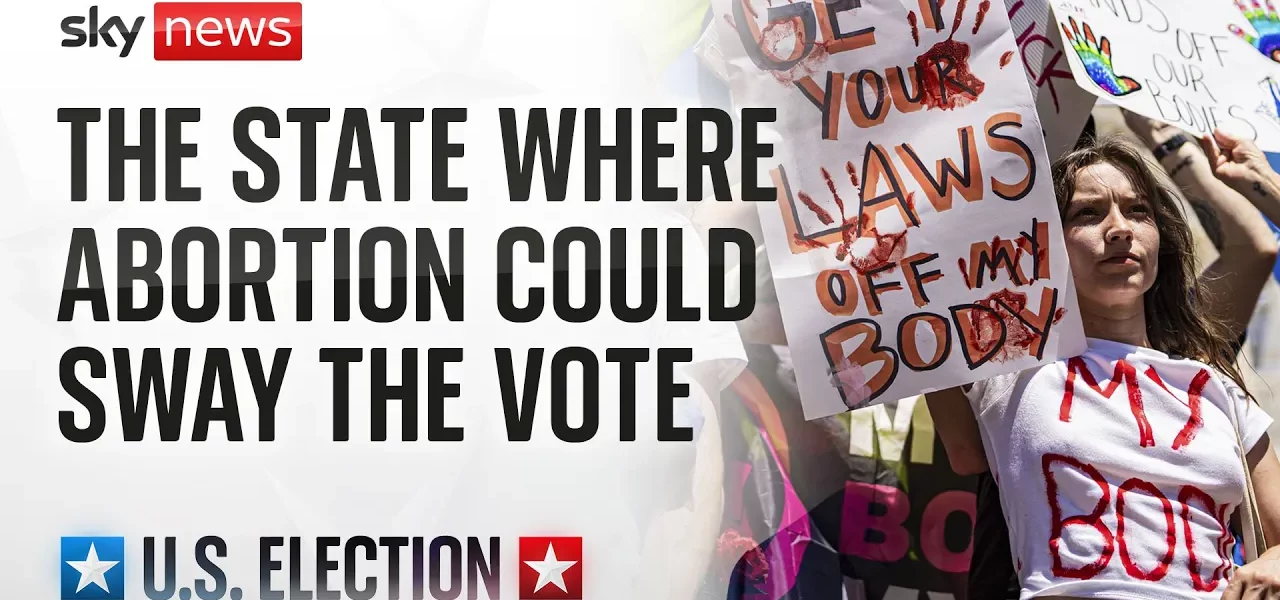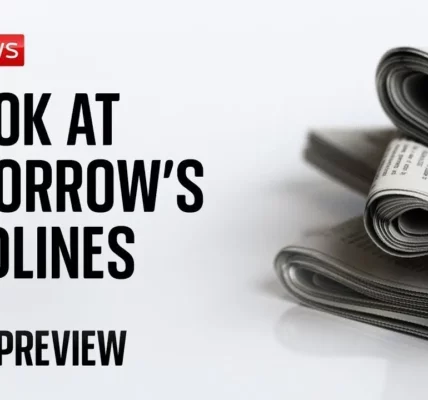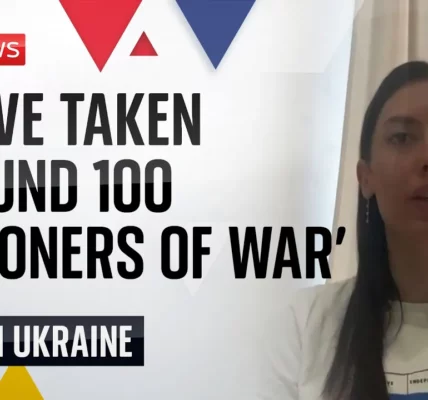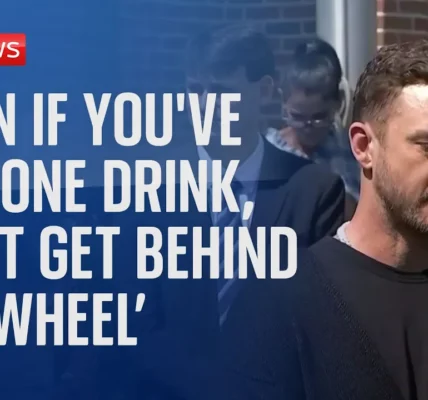Abortion Rights and Election Issues in Arizona

This article delves into the critical intersection of abortion rights and political dynamics in Arizona. With personal stories and a legislative overview, we explore how these issues resonate in the upcoming election.
Introduction
Abortion has become one of the most contentious issues in the political arena, particularly in battleground states like Arizona. The ongoing debates surrounding reproductive rights are not merely medical discussions; they are deeply intertwined with personal experiences and political maneuvering. With laws changing frequently and the implications of these laws affecting women’s lives directly, understanding the current landscape is crucial for voters as they head to the polls.
The Current State of Abortion Laws in Arizona
The legal framework governing abortion in Arizona is complex and often contradictory, reflecting a patchwork of state laws that can create significant barriers for women seeking care. Earlier this year, Arizona briefly enforced an archaic law from 1864 that banned all abortions, highlighting the precarious nature of women’s reproductive rights in the state.
Historical Context
The state’s abortion laws have evolved over the years, often influenced by political agendas. For example:
- In 1973, the landmark Roe v. Wade decision legalized abortion nationwide.
- Since then, various laws have been enacted in Arizona, including restrictions on when and how abortions can be performed.
- Recent legislation has sought to limit access to abortion, especially after 15 weeks of pregnancy.
Personal Stories: The Human Element of Abortion
Understanding the personal stories of women facing the decision to have an abortion sheds light on the complexities surrounding this issue. Each story is unique, highlighting the myriad circumstances that lead to such a decision.
Cases of Necessity
Women often find themselves in challenging situations that necessitate the decision to seek an abortion. Some of these include:
- Cases of rape or sexual assault.
- Mental health concerns stemming from abusive relationships.
- Severe fetal abnormalities that would lead to a painful life for the child.
Kristen’s Heartbreaking Decision
One poignant example is that of Kristen, who was faced with an agonizing choice when she learned her unborn child had severe fetal abnormalities. Despite being 17 weeks pregnant, Arizona’s laws restricted her options:
- Kristen and her husband decided to seek an abortion after learning of their baby’s condition.
- Due to the state’s ban on abortion past 15 weeks, they were forced to drive 7 hours to New Mexico to access the care they needed.
- The emotional toll of the journey was compounded by feelings of anger and betrayal towards their state.
Political Implications and Activism
The political landscape surrounding abortion rights in Arizona is rapidly evolving, with upcoming elections serving as a critical battleground for these issues. Proposition 139, which aims to protect reproductive rights in the state, is a focal point for activists and voters alike.
Proposition 139 Explained
If passed, Prop 139 would enshrine abortion rights into the Arizona State Constitution. This measure has become a rallying cry for those advocating for women’s health rights:
- It aims to ensure access to healthcare when women need to make crucial decisions regarding their pregnancies.
- State representatives, such as Quante Cruz, are actively campaigning to garner support for this proposition.
- Voter engagement is crucial, as many see this as a referendum on women’s rights in Arizona.
Voter Sentiment and the Role of Immigration and Economy
As the elections approach, the mood among voters is mixed. While abortion rights are a significant concern, many voters, particularly within the Latino community, prioritize issues like immigration and the economy:
Understanding Voter Priorities
Polling indicates that while abortion remains a critical issue, economic conditions and immigration policies could sway voter decisions:
- Some voters express uncertainty about their stance on abortion, often influenced by economic factors.
- Concerns about inflation and job stability are leading some to prioritize economic recovery over reproductive rights.
- Others remain steadfast in their beliefs, seeing the fight for abortion rights as essential.
Conclusion
The intersection of abortion rights and political dynamics in Arizona encapsulates a broader national conversation about women’s health and reproductive freedom. As voters head to the polls, understanding the implications of their choices is paramount. The fate of Proposition 139 could significantly impact women’s rights in the state, making it crucial for individuals to educate themselves and engage in the electoral process. We encourage readers to stay informed and participate in discussions surrounding these vital issues.
For more insights on reproductive rights and the political landscape, check out our related articles on abortion access and politics and reproductive rights.
“`




